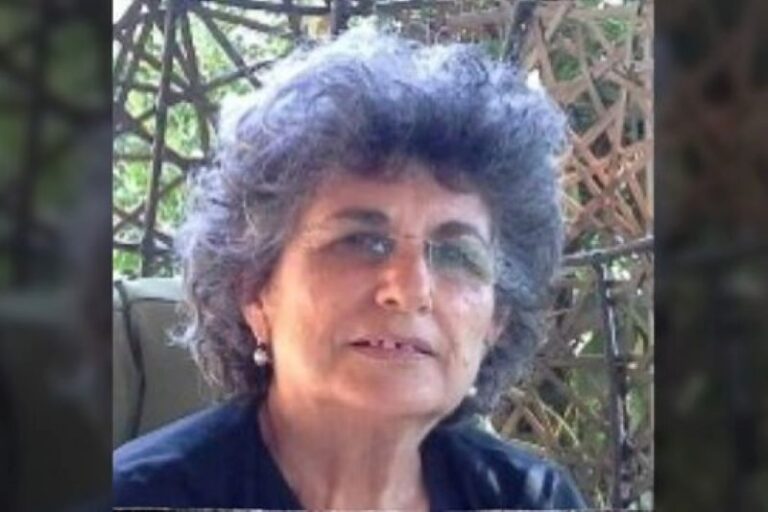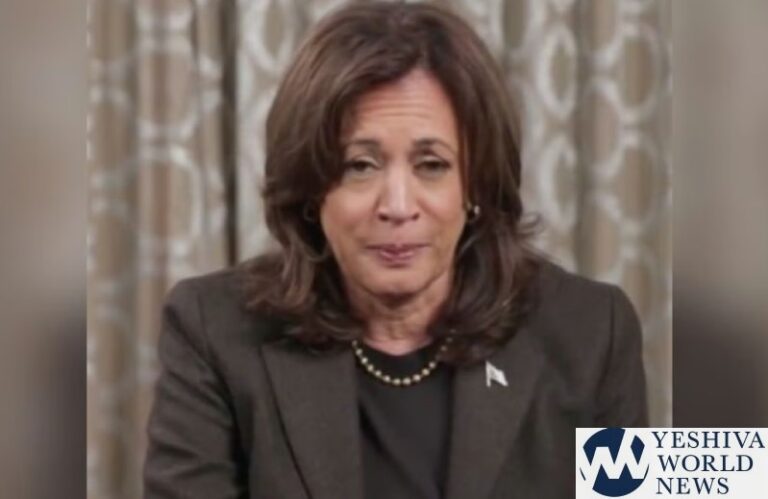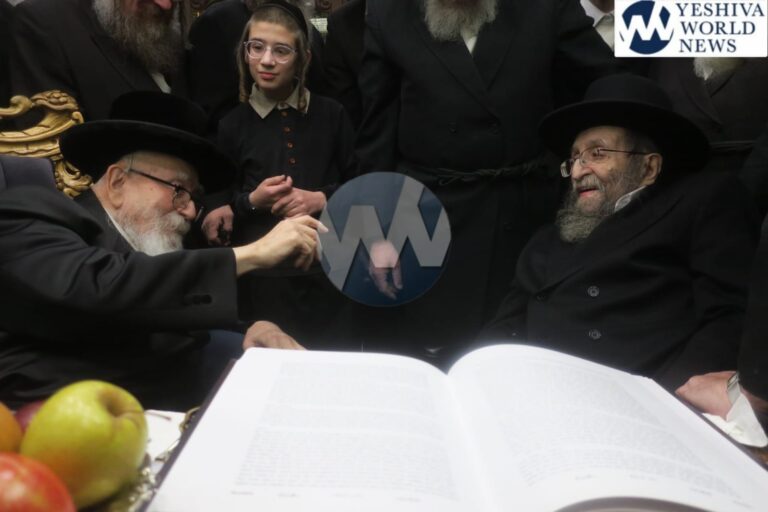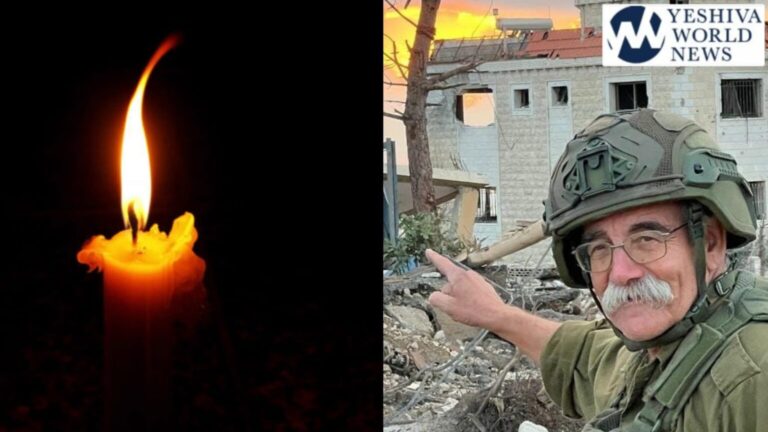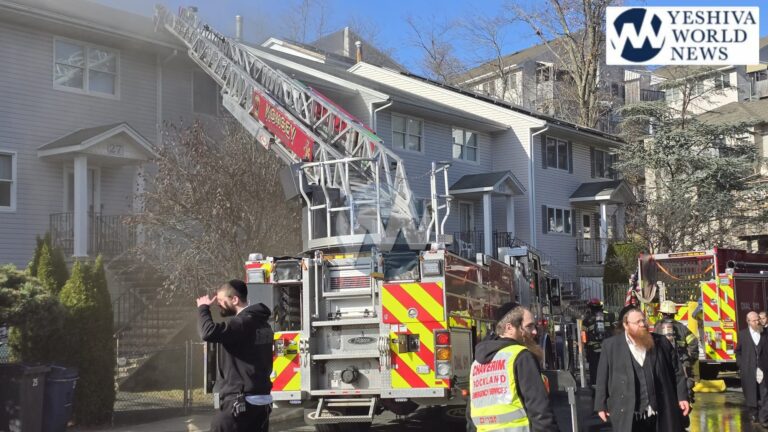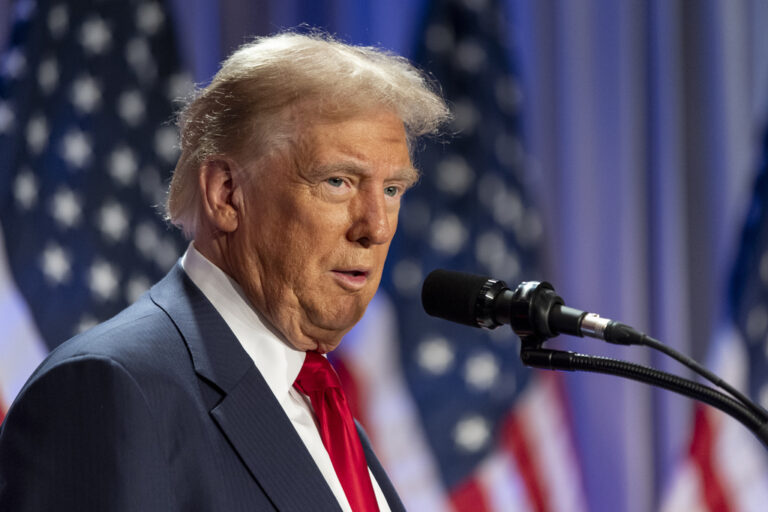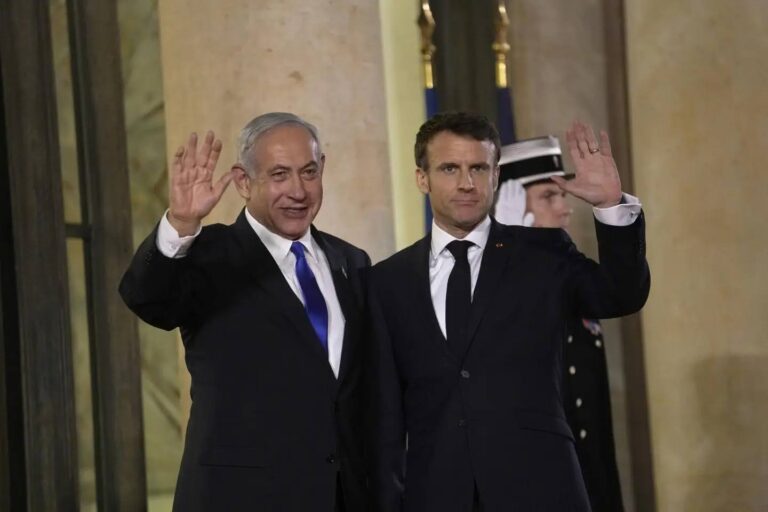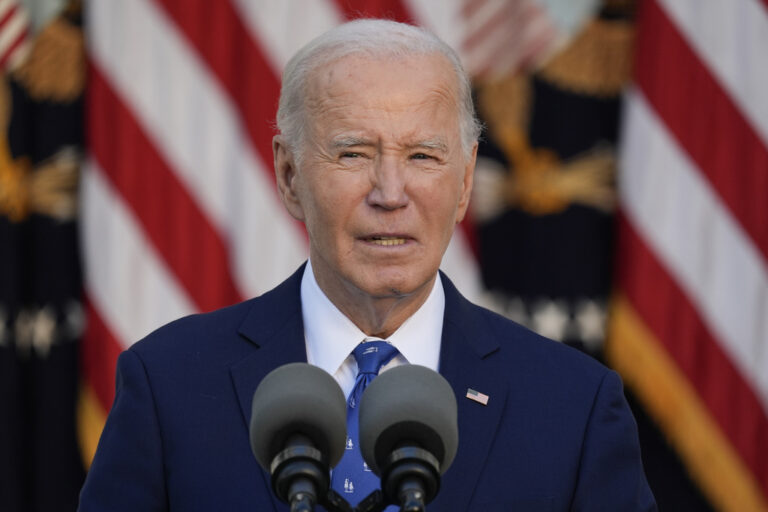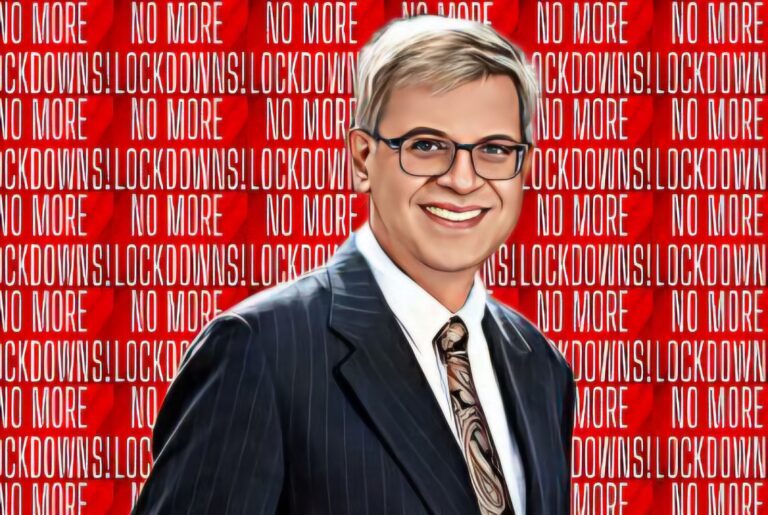 Sen. Bernie Sanders argued Sunday that it would make “common sense” for Democratic superdelegates to back him if he was the overwhelming favorite among voters in their states.
Sen. Bernie Sanders argued Sunday that it would make “common sense” for Democratic superdelegates to back him if he was the overwhelming favorite among voters in their states.
The vast majority of superdelegates, consisting of elected officials and party leaders who can vote any way they choose at the Democratic National Convention, has promised to support Clinton. Out of 712 superdelegates, Clinton reportedly leads Sanders 467-26. But Sanders argued on CBS’s “Face the Nation” that those officials should follow the lead of the voters.
“Well, to say to a superdelegate, ‘Bernie Sanders won your state by 20 or 30 points. You know, you might want to listen to your state.’ You know, I think that is common sense and I think superdelegates should do that,” Sanders said.
Sanders has beaten Clinton by wide margins in five states: Maine, New Hampshire, Vermont, Minnesota and Kansas. A candidate needs 2,383 delegates to win the Democratic nomination. Clinton has 1,614 pledged delegates and superdelegates to Sanders’s 856.
Although Clinton swept the five states that held primaries last week, Sanders reiterated his belief that he will do better in upcoming states in the west. On Tuesday, Democratic contests will be held in Arizona, Idaho and Utah.
He said, “I think as we head to the West Coast, which is probably the most progressive part of America, the ideas that we’re fighting for – dealing with the grotesque level of income inequality, a national health-care system through Medicare for all, raising the minimum wage to 15 bucks an hour – I think the people in those states really are not going to be voting for establishment politics and establishment economics. They want real change.”
Ohio Gov. John Kasich, in a pre-recorded interview that was broadcast Sunday, also dismissed suggestions that he had no path to winning the Republican nomination. The Republican contender needs 1,237 delegates to win the nomination. Businessman Donald Trump leads with 678 delegates, followed by Sen. Ted Cruz with 423. Kasich has 143 delegates, including the 66 he won last week in his home state. On Tuesday, Republican contests will be held in Arizona and Utah.
Despite Trump’s lead, he is not expected to have enough delegates to clinch the nomination before Republicans hold their national convention in Cleveland in July. John Dickerson, host of “Face the Nation,” asked Kasich how he could possibly make up his delegate deficit.
“Well, first of all, nobody’s going to have the delegates they need going to the convention. Everyone will fall short,” Kasich said. “We will go into Cleveland with momentum and then the delegates are going to consider two things: number one, who can win in the fall, and I’m the only one that can. And number two, a really crazy consideration, like who could actually be president of the United States.”
Kasich dismissed pressure to drop out of the race to help Cruz, who has more delegates.
“He needs 80 percent of the votes to get it. That’s not going to happen,” Kasich said. He snapped at Dickerson when he asked Kasich whether anyone has urged him to drop out.
“Nobody is calling me directly and asking me to drop out,” Kasich said.
“Have they called your campaign?” Dickerson asked.
“Wait a minute, John, why don’t they drop out? I’m the one that can win in the fall,” Kasich said.
In an interview on NBC’s “Meet the Press,” Kasich seemed annoyed when host Chuck Todd asked him whether he would consider being the eventual Republican nominee’s running mate.
“Under no circumstances. Are you kidding me?” the governor said. “I’m running for president.”
(c) 2016, The Washington Post · Vanessa Williams

